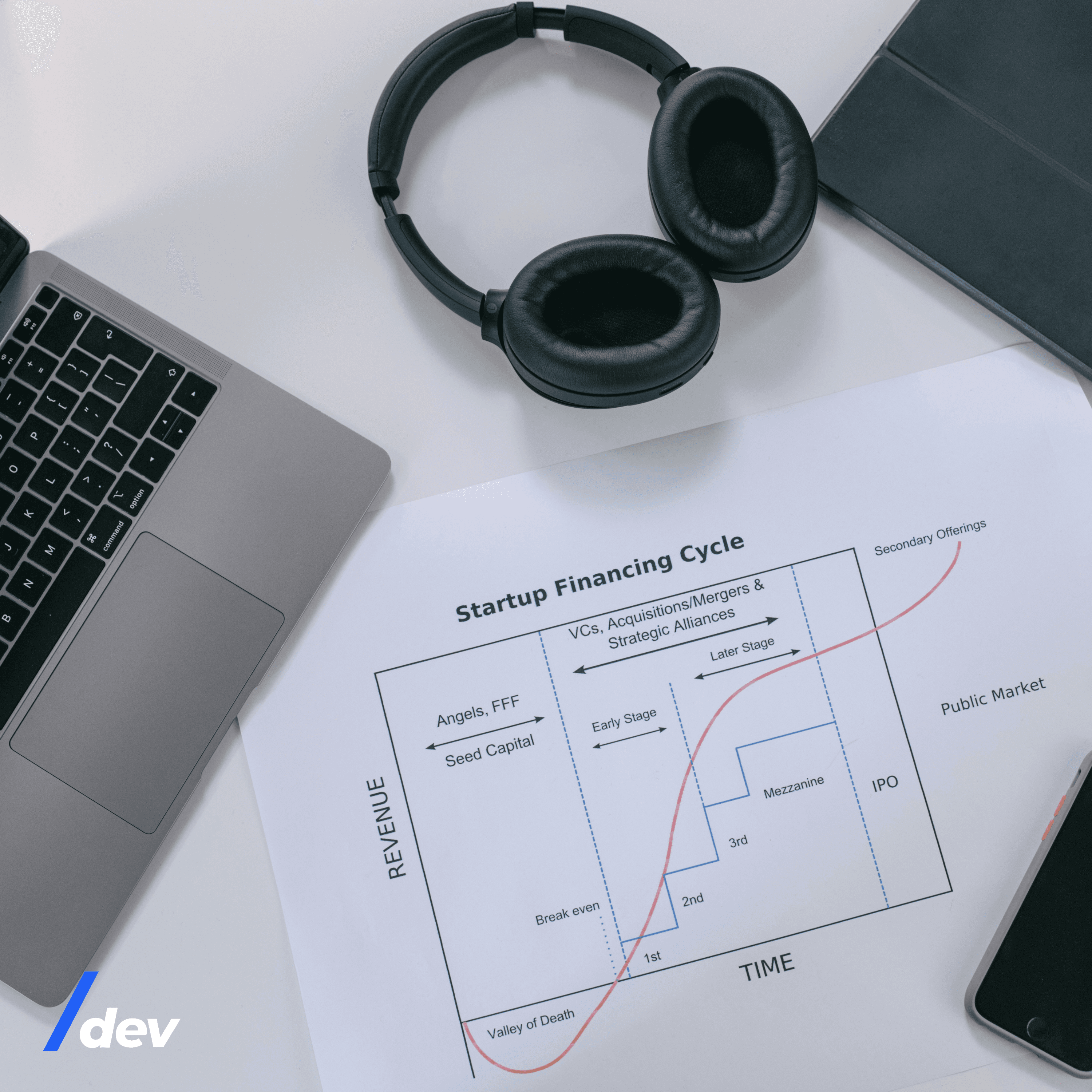Software Services
For Companies
For Developers
Products
Portfolio
Build With Us
Build With Us
Get Senior Engineers Straight To Your Inbox

Every month we send out our top new engineers in our network who are looking for work, be the first to get informed when top engineers become available

At Slashdev, we connect top-tier software engineers with innovative companies. Our network includes the most talented developers worldwide, carefully vetted to ensure exceptional quality and reliability.
Build With Us
Building a Data-driven Culture: Key Steps for Organizations/


Introduction
In today’s data-driven world, organizations across industries are recognizing the value of data and its potential to drive strategic decision-making. Building a data-driven culture is essential for leveraging data effectively and gaining a competitive edge. In this article, we will explore the key steps organizations can take to establish a data-driven culture. From fostering data literacy to implementing robust data governance practices, this guide will provide insights and best practices for organizations looking to harness the power of data.
Developing Data Literacy

Promoting Data Awareness
Organizations should emphasize the importance of data and its role in decision-making at all levels. This involves educating employees about the value of data, its sources, and how it can be used to drive insights and inform strategies.
Training and Upskilling
Providing training programs and resources on data analysis, visualization, and interpretation helps employees develop data literacy skills. Organizations can offer workshops, online courses, and mentorship programs to enhance data literacy across the workforce.
Establishing a Data Strategy
Defining Objectives and Key Metrics
Organizations should establish clear objectives and identify key performance indicators (KPIs) aligned with their strategic goals. This ensures that data initiatives are focused and measurable, enabling organizations to track progress and make data-driven decisions.
Data Governance Framework

Implementing a data governance framework ensures that data is managed consistently, securely, and ethically. This includes defining roles and responsibilities, establishing data quality standards, and implementing data privacy and security measures.
Enhancing Data Infrastructure
Robust Data Collection
Organizations should invest in technologies and processes for capturing and integrating data from various sources. This may involve implementing data warehouses, data lakes, or leveraging cloud-based solutions to centralize and streamline data storage.
Data Integration and Preparation
Effective data integration and preparation enable organizations to transform raw data into actionable insights. This involves cleaning, aggregating, and structuring data to ensure its quality and compatibility for analysis.
Leveraging Advanced Analytics and AI
Exploratory Data Analysis
Exploring data through techniques such as data visualization and statistical analysis uncovers patterns, trends, and relationships. This helps organizations gain a deeper understanding of their data and identify valuable insights.
Predictive and Prescriptive Analytics
By applying predictive and prescriptive analytics techniques, organizations can forecast future outcomes and optimize decision-making. Machine learning algorithms and AI models can provide valuable insights into areas such as demand forecasting, customer segmentation, and resource allocation.
Encouraging Collaboration and Knowledge Sharing
Cross-functional Teams
Encouraging collaboration between teams and departments facilitates a holistic approach to data analysis and decision-making. By bringing together diverse perspectives, organizations can generate innovative ideas and insights.
Data-driven Decision-making
Organizations should foster a culture where decisions are based on data and evidence rather than subjective opinions. This involves creating forums for sharing data insights, encouraging open discussions, and providing tools for collaborative decision-making.
Conclusion
Building a data-driven culture requires a strategic and concerted effort from organizations. By focusing on data literacy, developing a data strategy, enhancing data infrastructure, leveraging advanced analytics and AI, and promoting collaboration and knowledge sharing, organizations can unlock the full potential of their data assets. Embracing a data-driven culture enables organizations to make informed decisions, drive innovation, and achieve sustainable growth in today’s competitive landscape.
To stay updated on the latest trends and best practices in data-driven cultures, visit slashdev.io. The platform offers a wealth of resources, articles, and insights that can support organizations in their journey towards becoming data-driven enterprises. Embrace the power of data and transform your organization into a data-driven success story.

